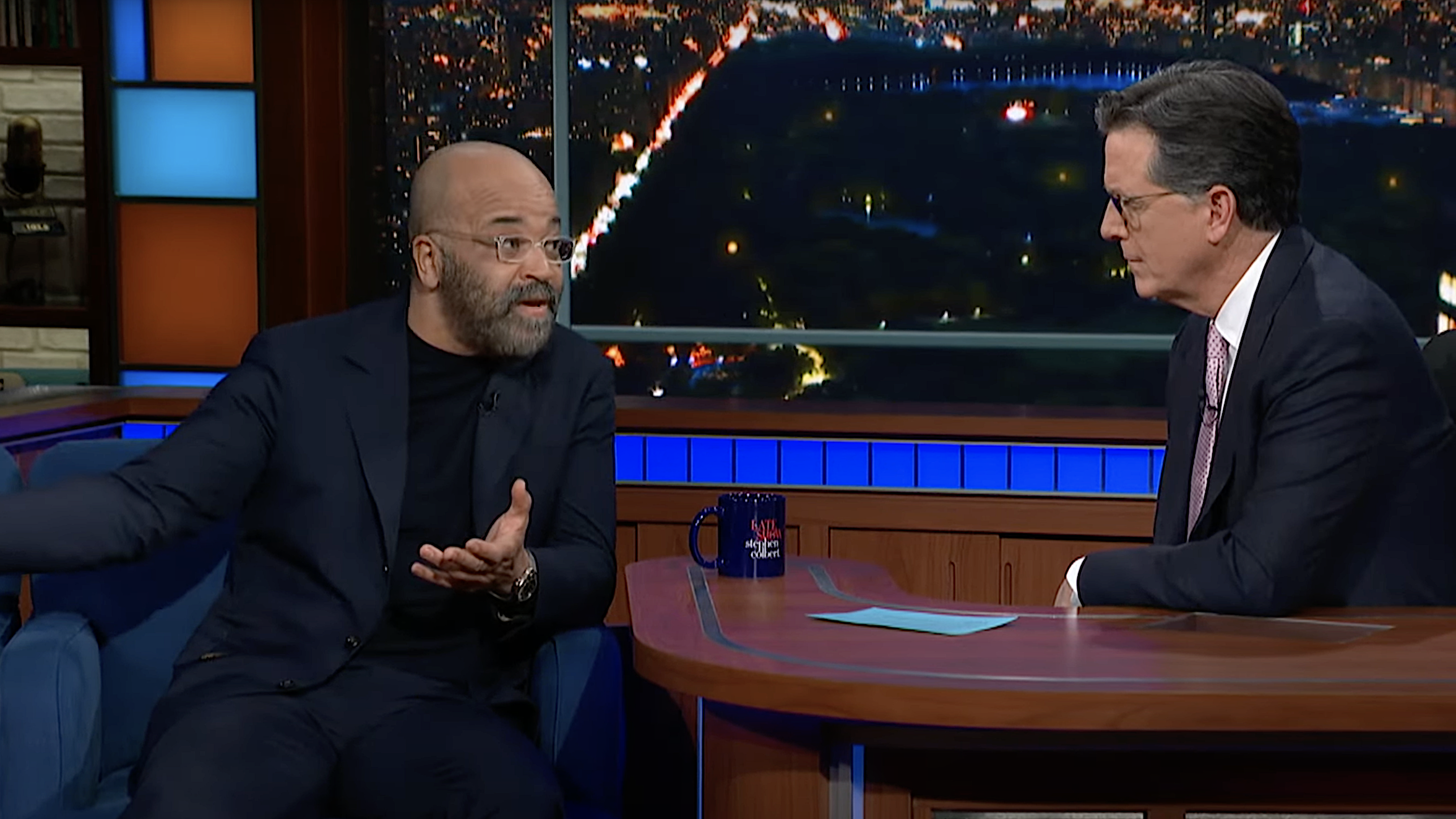Jeffrey Wright drops some Lincoln-era wisdom into our present-day conversation about race
Oh, and Wright talks about being Jim Gordon in The Batman, too
TV News Jeffrey Wright
With all the best actors in the world being drawn inexorably into the widening gyre of superhero movies and television, naturally Jeffrey Wright would be sucked in at some point. Appearing on Monday’s Late Show, the Emmy and Tony Award winner dutifully dished out what little he could about the top secret plot of the upcoming reboot/reimagining/do-over Batman film, The Batman. (Spoiler: Bruce Wayne is still Batman.) With Wright donning the ever-rumpled suits of uneasy Bat-ally Jim Gordon, Wright explained that Robert Pattinson’s iteration of Batman is still relatively early in his career in bat-flavored bad-guy-punching, with Wright’s still-Lieutenant Gordon still toiling away as perhaps the only decent cop in Gotham City.
So much for all the Bat-talk, although Wright praised the film’s cast and crew for working through the pandemic to feed the public’s insatiable hunger for yet another dark and gritty take on everybody’s favorite non-superpowered superhero. (And, no, being super-rich and doing an ungodly amount of CrossFit doesn’t count as a superpower.) For the ever in-demand Wright, however, the bulk of his interview with Stephen Colbert was spent enticing people to watch the upcoming Apple TV+ docuseries, Lincoln’s Dilemma. And, this being Jeffrey Wright, that worked exceptionally well, as the actor regaled Colbert with a telling but often overlooked anecdote from Lincoln’s pre-presidency legal career, one that Wright compellingly explained, has plenty to teach our own, racially-divided era.
Recalling a landmark case involving the Fugitive Slave Act (which allowed slave owners to enlist federal help in re-kidnapping escaped slaves), Wright, with the spellbinding gravitas that marked him as the perfect narrator for Lincoln’s Dilemma, told a rapt Colbert about the violent and surprising twists and turns wrought upon one extended family. Nobody could tell the tale of what happened in Christiana, Pennsylvania in 1851 better than Wright, but the facts of what became known as the Christiana Resistance are freighted with enough illustrative detail on their own concerning just how ingrained and interconnected race and institutional and personal racism are in our shared history. Which is why, as Wright hinted obliquely, so many (white) Americans are feverishly determined to ban any meaningful discussion of that history.
Referring to those “people who don’t really seem to be qualified to have these conversations, but they have large microphones,” Wright told Colbert that we’re “asking questions now in public about race that have been answered many, many decades ago in our history.” Again, which explains why Republicans all over America are trying to make it actually illegal to study those lessons, lest, you know, anyone actually learn something about how race and racism is ingrained in the story of the United States.
Adopting a hopeful, reassuring tone concerning our current bubbling stew-pot of bigotry and white supremacist authoritarianism, Wright opined, “It’s not as bad as it was back in the mid-19th century,” adding, “and they got through it. And if we follow, perhaps if we follow their lead, we’ll get through these difficult days, these challenging days that we’re facing now. “Hopefully with less bullets,” Colbert chimed in, referencing the outcome of the Christiana Resistance (of Christiana Riot, if you’re a white Republican). Maybe. Although a study of that should-be-better-known incident might suggest that actual justice played out pretty satisfactorily.
Lincoln’s Dilemma premiere’s on Friday on Apple TV+.